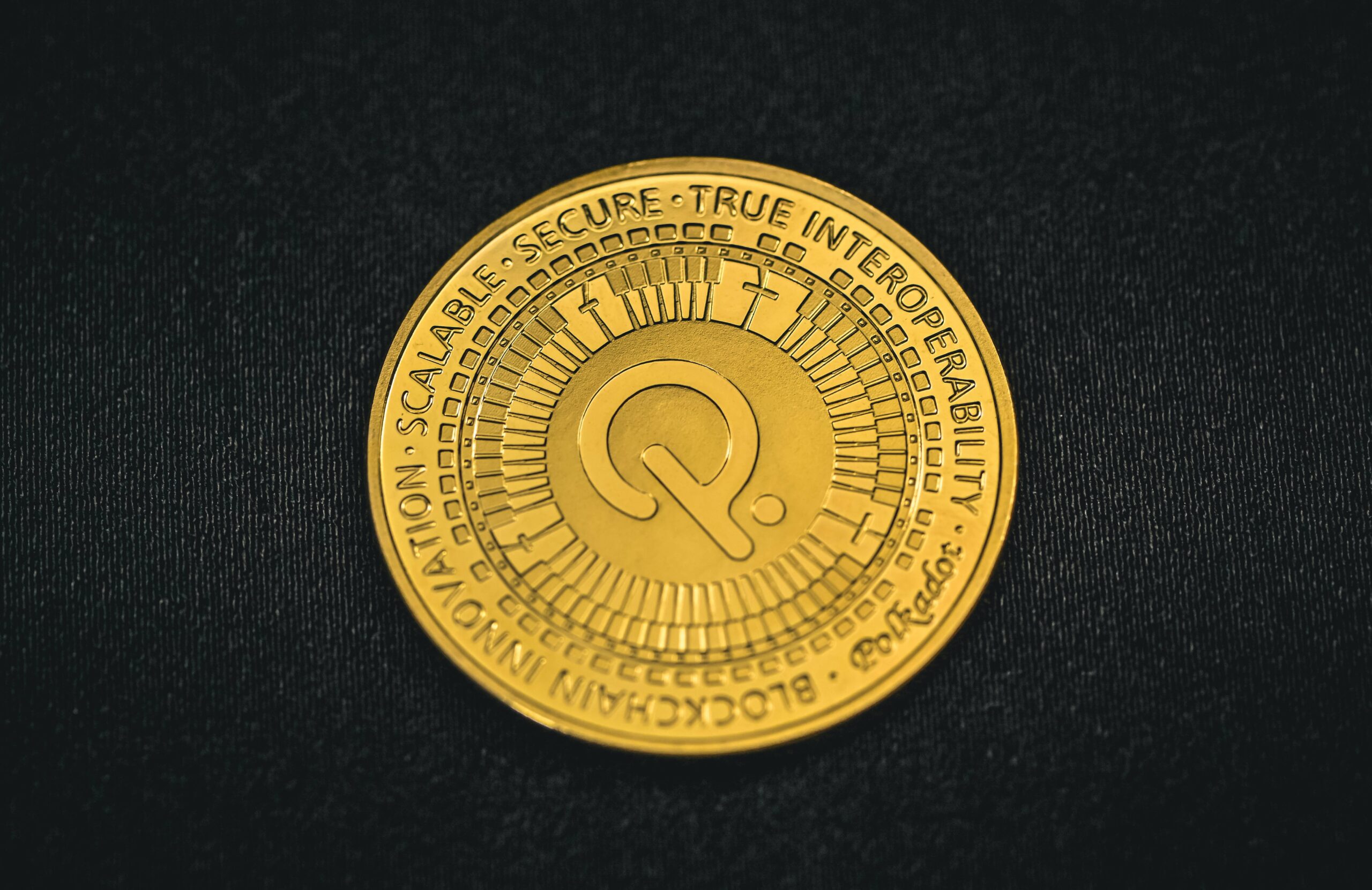- Bloomberg analyst criticizes SEC’s inconsistent cryptocurrency approach.
- Ethereum’s uncertain classification and Kraken lawsuit highlight regulatory challenges.
- Industry figures call for a clearer regulatory framework in the crypto industry.
The complexities of cryptocurrency regulation have once again come to the forefront as Bloomberg Intelligence research analyst James Seyffart raises concerns about the U.S. Securities and Exchange Commission’s (SEC) inconsistent treatment of various cryptocurrencies. Seyffart’s critique follows the SEC’s recent legal action against cryptocurrency exchange Kraken.
Seyffart’s argument centres on the SEC’s handling of Ethereum, a cryptocurrency that has not received a clear classification unlike Bitcoin, which the SEC deems a commodity. This lack of a definitive stance has led Seyffart to wryly suggest that the SEC implicitly recognizes Ethereum as a commodity, despite the absence of formal charges or classification. This ambiguity is further complicated by BlackRock’s filing for a Spot Ethereum ETF, signalling substantial institutional interest in Ethereum.
The Kraken Lawsuit’s Broader Implications
The SEC’s lawsuit against Kraken for operating as an unregistered securities exchange has ignited extensive discussions within the crypto community. Jesse Powell, co-founder of Kraken, has voiced his frustration with the SEC’s persistent legal actions, including a previous $30 million settlement in February. Powell’s concerns underscore the substantial financial costs and time commitments required to challenge the SEC, potentially discouraging crypto businesses from participating in the U.S. market.
Prominent figures in the industry, including XRP lawyer John Deaton and CoinRoutes CEO Dave Weisberger, have responded to the lawsuit. The prevailing sentiment seems to favour the establishment of a more defined regulatory framework for crypto exchanges. In response, Kraken has pledged to contest the lawsuit, asserting that the U.S. government, rather than the SEC alone, should establish the regulatory framework for crypto exchanges.
Conclusion: Striving for Regulatory Clarity
The ongoing friction between the SEC and various entities in the cryptocurrency realm, such as Kraken and Ethereum, highlights the pressing need for clearer regulatory guidelines within the cryptocurrency industry. Seyffart’s criticisms and the reactions from industry insiders underscore the urgency of achieving regulatory clarity to foster the growth and stability of the cryptocurrency market. As the legal landscape evolves, the crypto community remains watchful, anticipating definitive actions that could shape the future of digital asset regulation.



